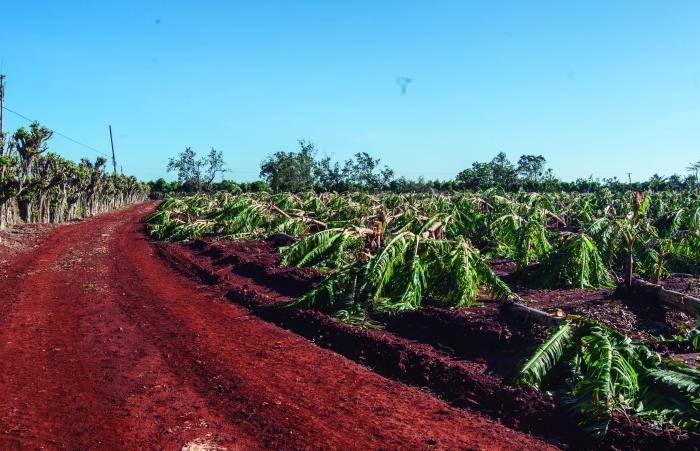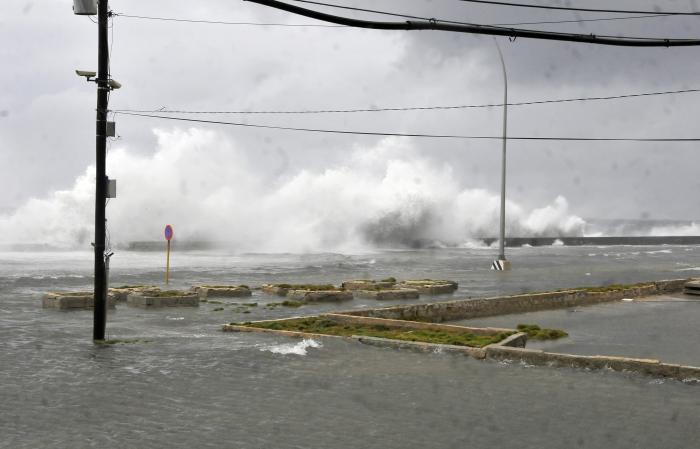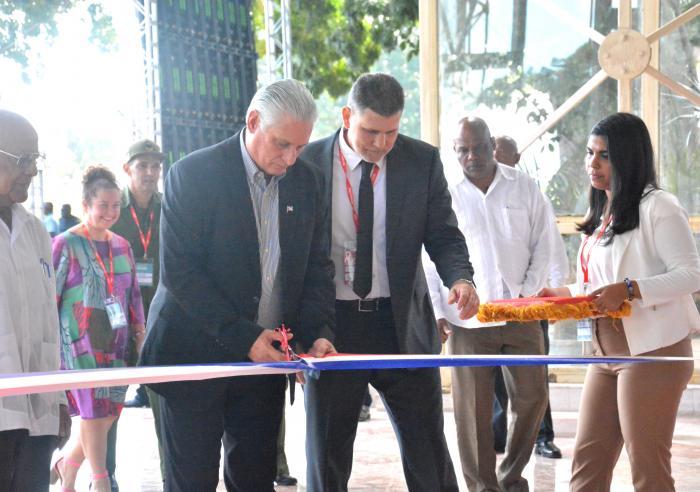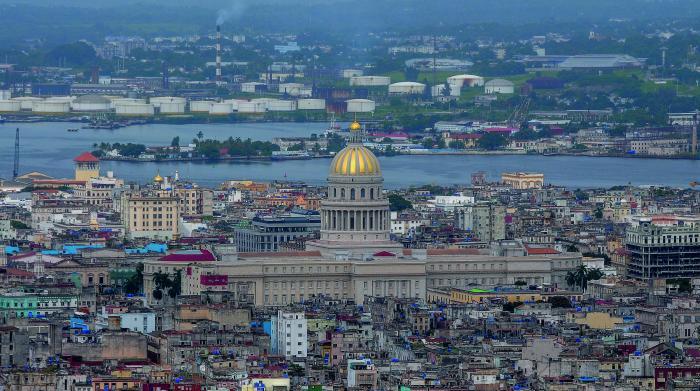

The greatest damage in Artemisa is in banana and cassava crops. Photo: Dunia Álvarez
After the passage of Hurricane Rafael, the province of Artemisa was severely affected, mainly in the municipalities of Güira de Melena and Alquízar. "These are the most productive municipalities, not only in this region, but almost in the country," Maury Hechavarría Bermúdez, Vice-Minister of Agriculture, told the press.He said, after a preliminary evaluation of the territory, that the main damages are centered on the plantain crop, exceeding 9,000 hectares; and now it is necessary to replant it, "it is one of the strong actions we are working on".Likewise, he said, more than 7,000 hectares of cassava have been affected, as well as sweet potato, beans, vegetables and fruits; poultry farms and swine units also suffered damages, as they lost their roofs.He acknowledged that something primordial in this process is the will of agricultural producers and farmers. "There is a strong commitment from our producers, and we are working tirelessly with the purpose of recovering what was lost," he said.Regarding the cold planting campaign, he said that "we are going to work hard to plant the potato"; and as for the technological resources for this planting, he said that "we have almost all of them in the country".In Artemisa, about 43 irrigation machines were also affected; however, specialized brigades in the eastern and central regions of the country are working hard to ensure their proper operation and thus guarantee the potato harvest.Given the financial situation due to the blockade imposed by the United States, there are several examples in agriculture that show the complexity of progress.The Vice-Minister of Agriculture mentioned that, since Cuba is included in the list of countries sponsoring terrorism, banks are opposed to providing financing.This, he said, "harms the transformation of the management model in agriculture," especially in reference to foreign investments in the island.Hechavarría Bermúdez informed that 48 collaboration projects are already underway, and "they are aimed at providing technology and resources."Among them, he mentioned the United Nations Food and Agriculture Organization (FAO), the World Food Program (WFP), the International Fund for Agricultural Development (IFAD), and others from Peru.He said that one of the main problems in the country is animal feed for the production of eggs, poultry and pigs.However, "we are working to manage the production of animal feed; to recover the rice program; as well as the planting of beans and corn," he said.He also assured that there are already "five egg production projects; and the intention is to commercialize a part, at a lower price than the one we have today in the markets, and to allocate the other part to the standard family basket."





